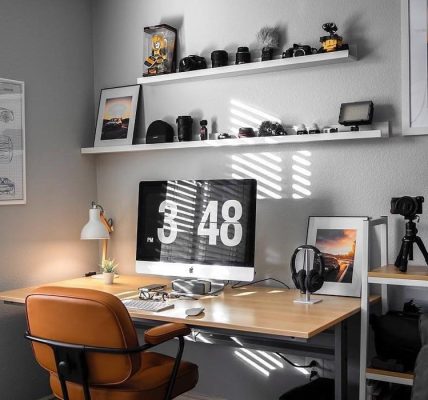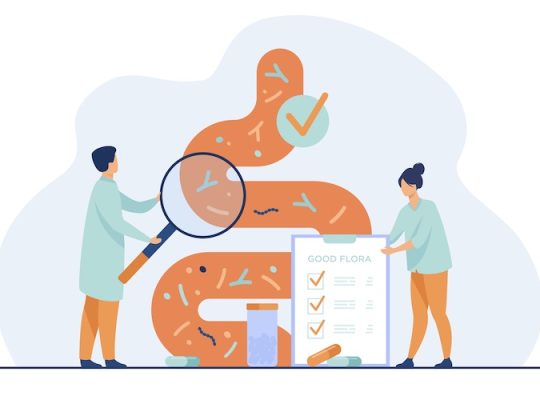The journey of personal finance management can seem daunting, overwhelming, and even intimidating at times. Trust me, I’ve been there. I used to dread looking at my bank account, let alone organizing my expenses or making a budget. However, I have come to realize that taking control of my finances is not just about numbers and spreadsheets; it’s about empowering myself to create a better future. In this blog post, I will share my personal experiences and insights on budgeting, offering tips and strategies that have helped me along the way.

Picture this: you’re sitting at your kitchen table with a pile of bills in front of you, your mind spinning with worry and confusion. You may have a steady income, but somehow, it feels like your expenses are always just barely scraping by. This was my reality a few years ago, and it was taking a toll on my mental and emotional well-being. It was then that I made a pledge to myself to understand and take control of my finances.
The first step I took on my journey towards financial stability was to track my expenses meticulously. I began by recording each expense, big or small, in a notebook. It was eye-opening to see where my money was really going. I realized that I was wasting a significant amount of money on unnecessary purchases, like eating out or impulse buys. Having this visual representation of my spending habits enabled me to make more informed choices and cut down on unnecessary expenses.
Budgeting is often viewed as restrictive and limiting, but I found that it’s actually quite liberating. Creating a budget allowed me to assign purpose to every dollar I earned, giving me a sense of control and direction. I started by listing my essential expenses – rent, bills, groceries – and then allocated a certain amount for savings and discretionary spending. Seeing how much money I could put away each month towards my goals, be it buying a house or traveling, gave me a renewed sense of purpose and motivation.
One of the most essential lessons I learned on this journey was the value of living within my means. It’s easy to fall into the trap of lifestyle inflation, where you feel the need to upgrade or spend more as your income increases. However, I came to understand that true financial freedom comes from living below your means. By consciously choosing to spend less than what I earned, I was able to build an emergency fund, pay off debt, and save for the future. Learning to differentiate between needs and wants was a crucial aspect of this process. It’s okay to indulge occasionally, but I found that prioritizing long-term goals over short-term gratification is key to financial success.
Another aspect that helped me immensely in my personal finance journey was finding ways to increase my income. I explored side hustles and freelance opportunities that aligned with my skills and interests. Not only did this provide me with additional income, but it also opened up new avenues for personal growth and career development. It’s empowering to know that you have control over your earning potential and can take steps to improve it.
While it’s important to focus on the present and immediate financial needs, I also realized the significance of planning for retirement. I started contributing to a retirement account early on, taking advantage of employer matches and tax benefits. The power of compound interest is astounding, and starting early can make a significant difference in the long run. It’s never too early to think about retirement and secure your financial future.
Investing was an area that initially seemed intimidating to me, but I recognized its importance as a way to grow my wealth. I sought guidance from financial advisors, read books, and educated myself on different investment options such as stocks, bonds, and mutual funds. Starting small and diversifying my portfolio allowed me to mitigate risks and reap the benefits of compounding returns over time. It’s important to note that investing should be approached with caution and in alignment with individual risk tolerance and financial goals.
Lastly, I cannot stress enough the importance of regular review and adjustment. As life changes, so do our financial needs and priorities. I make it a point to review my budget and financial goals periodically to ensure that they align with my current situation. Being flexible and adaptable is crucial in successfully managing personal finances. Life is unpredictable, and having a solid financial foundation can help navigate through unexpected bumps and setbacks.
In conclusion, the journey towards personal finance management is not just about numbers and spreadsheets; it’s about taking control of your present to build a financially secure future. By tracking expenses, creating a budget, living within your means, increasing your income, planning for retirement, investing wisely, and regularly reviewing and adjusting your financial goals, you can pave the way towards a better financial future. Remember, it’s never too late to start, and every small step you take today will have a compounding effect on your future. Embrace the power of budgeting, and take control of your financial destiny.











